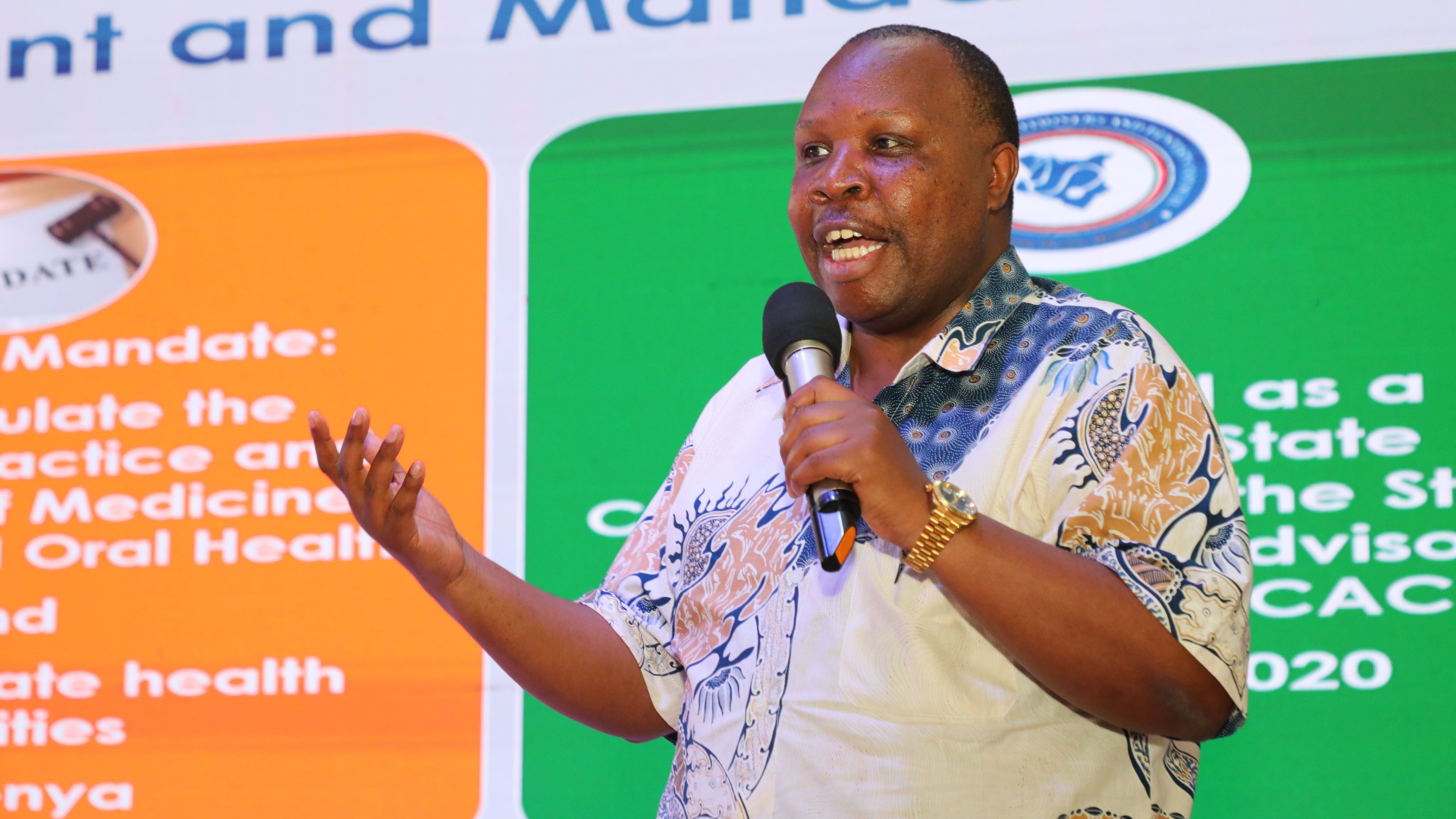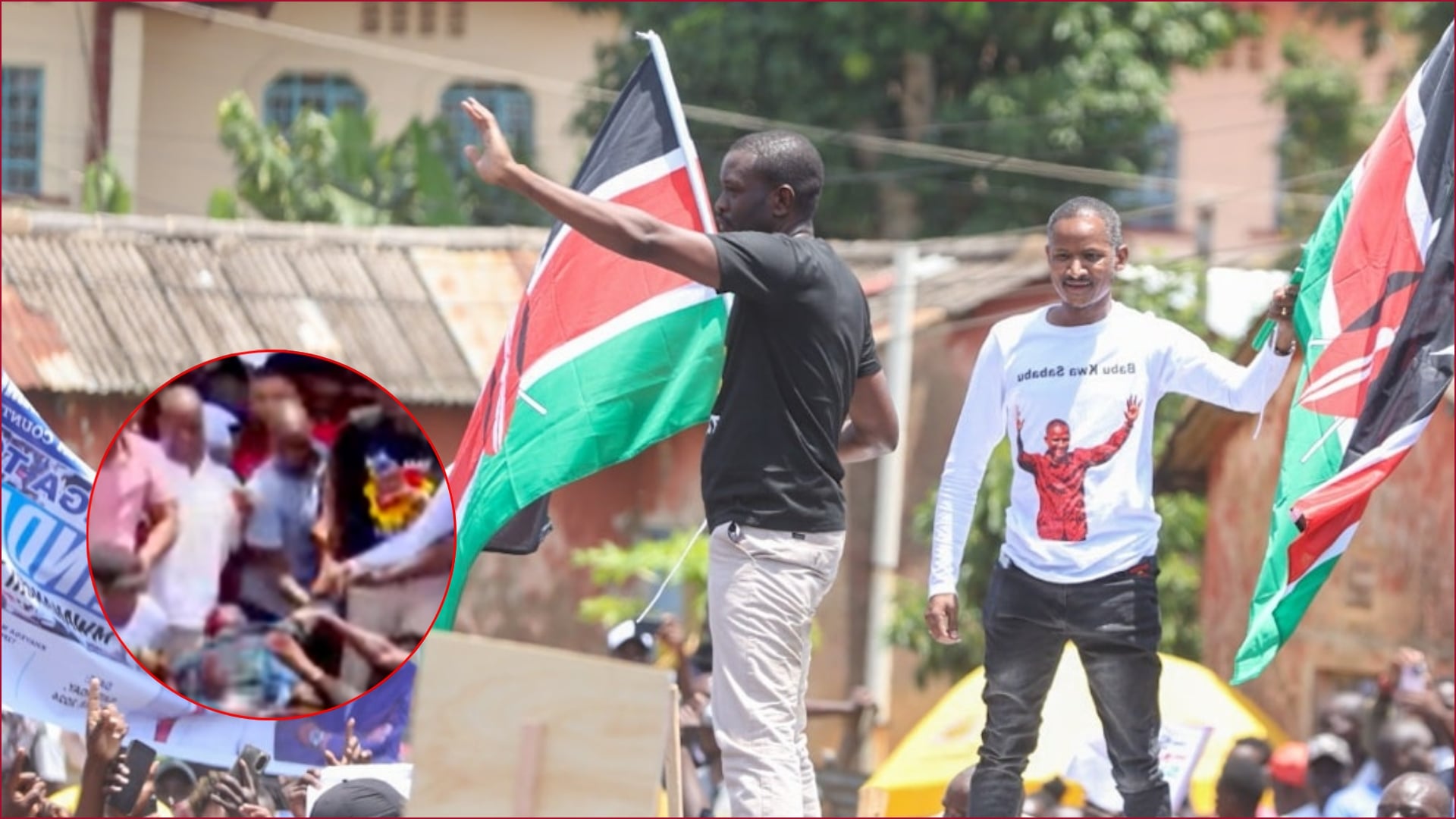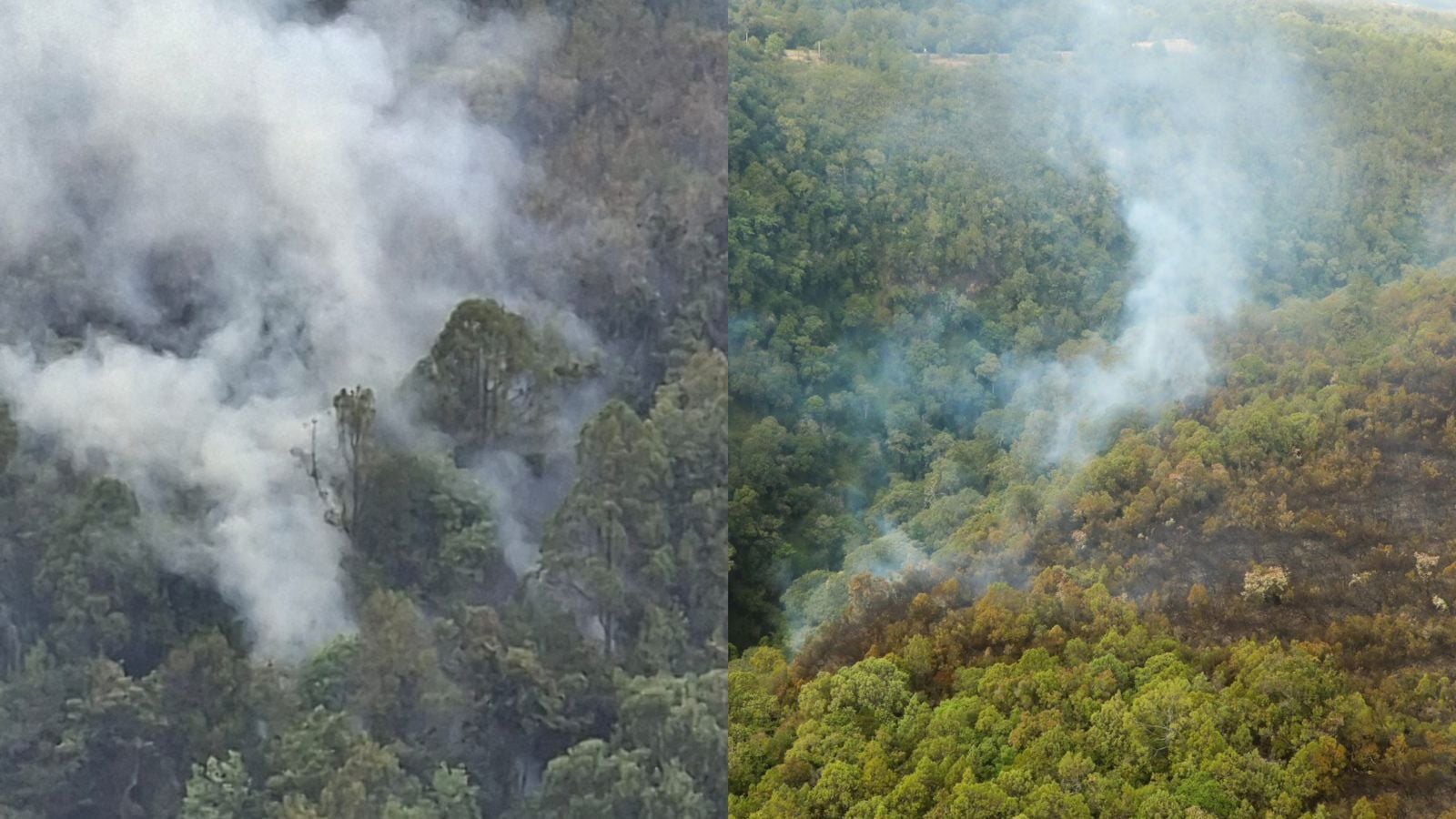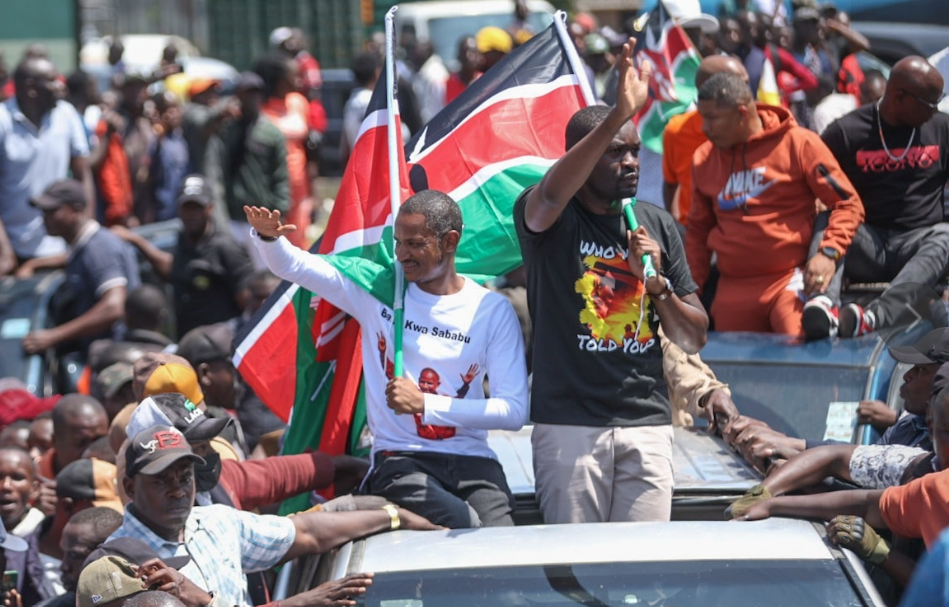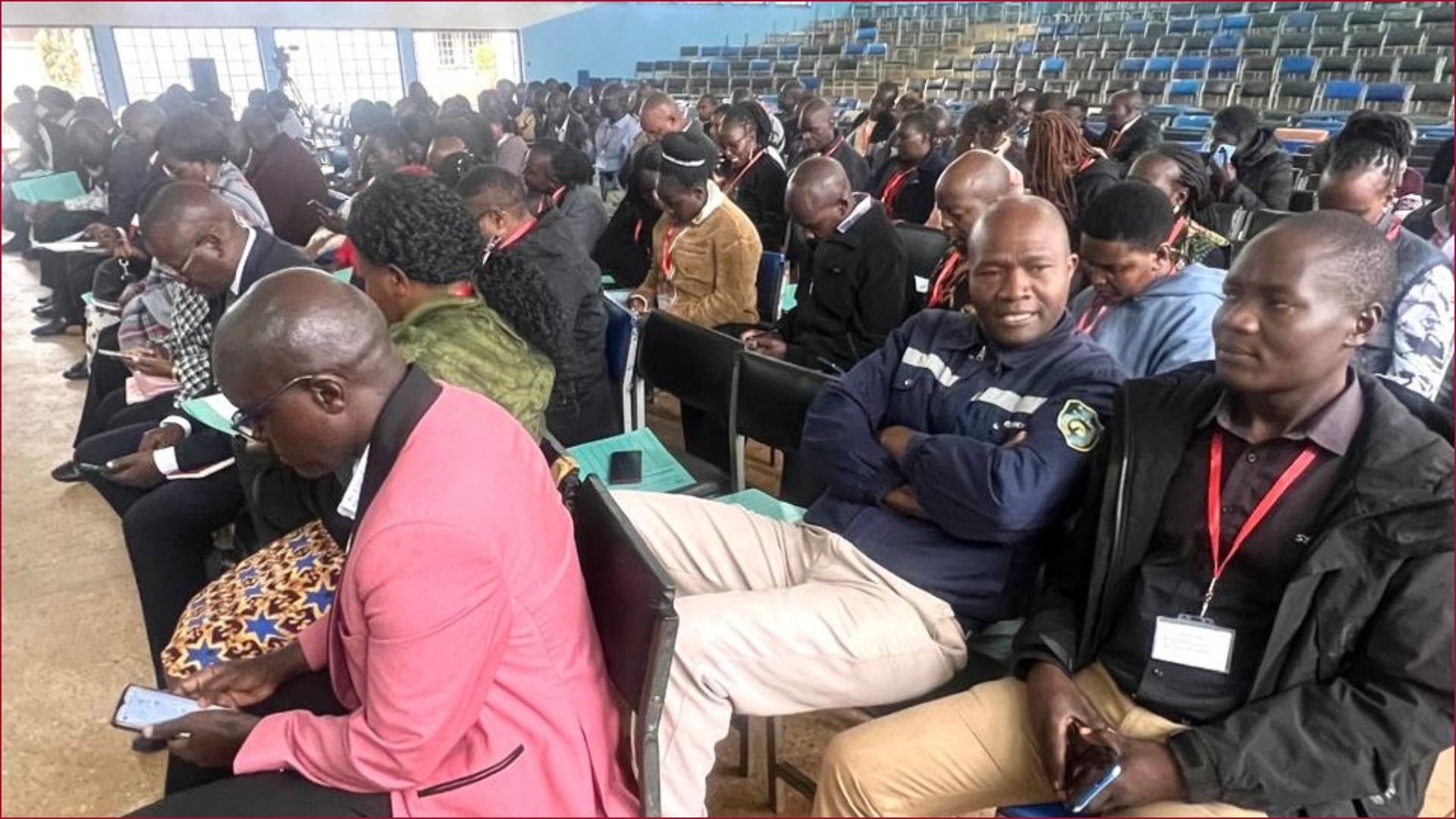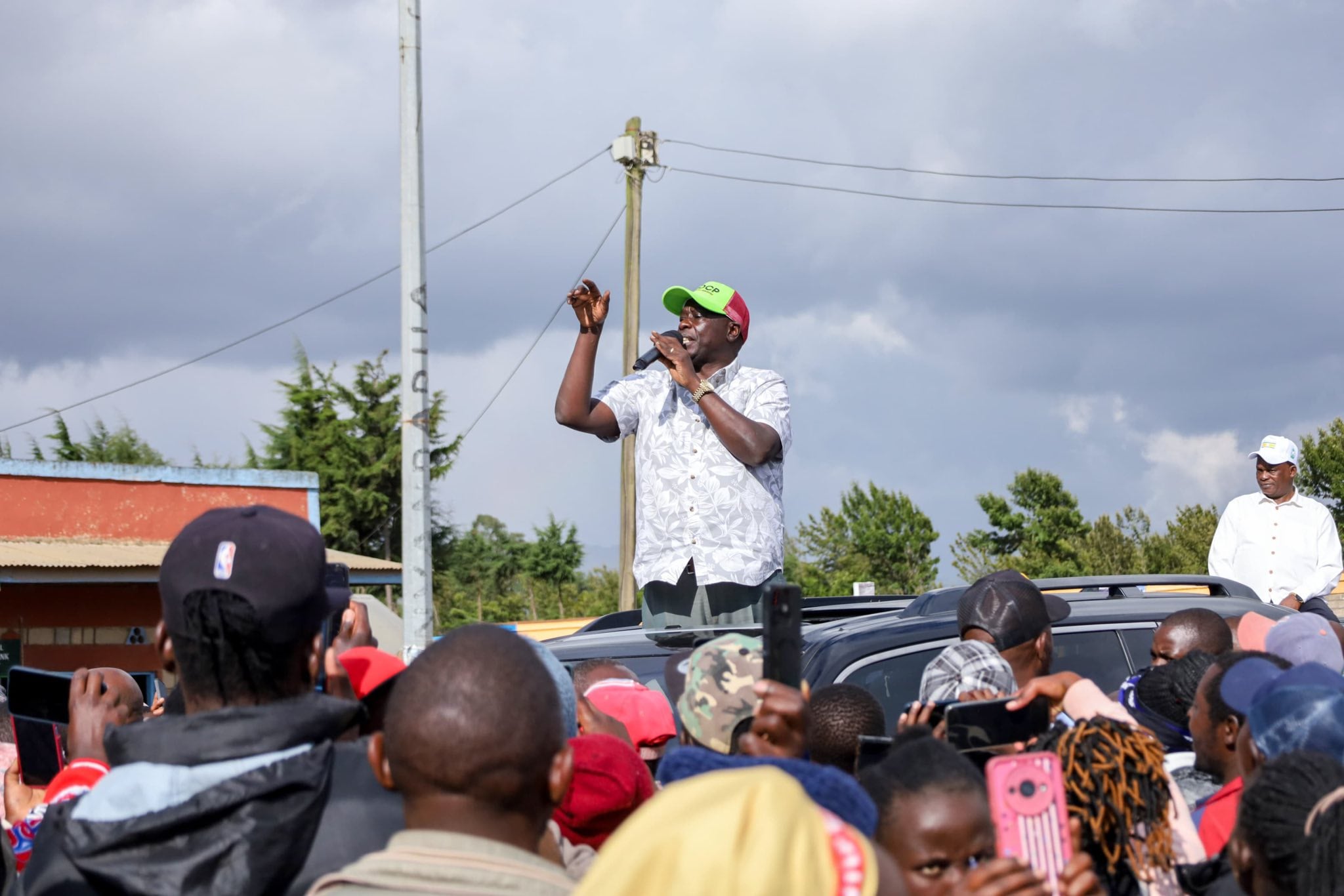The Kenya Medical Practitioners and Dentists Council (KMPDC) has issued a reminder to hospitals, mortuaries, and funeral homes that detaining bodies over unpaid medical bills is illegal and violates human dignity.
In a notice on Tuesday, November 18, the council noted that constitutional and criminal laws prohibit such practices.
"The right to dignity does not end at death. Article 28 of the Constitution of Kenya guarantees every person the inherent right to dignity and to have that dignity respected and protected.
"Consistent with this, Section 137 of the Penal Code makes it a criminal offence (a misdemeanour) to hinder the burial of a deceased person without lawful authority," the notice read.
According to the KMPDC, while medical facilities have the right to demand payment for services rendered, detaining a body is unlawful and amounts to a criminal act.
Read More
"While health facilities are entitled to pursue payment for services rendered, the law does not permit them to detain a deceased person's body as collateral for unpaid bills. Such actions breach constitutional rights and amount to a criminal offence," the notice added.
KMPDC urged health facilities to foster understanding with the relatives of deceased individuals by engaging in payment arrangements instead of holding bodies.
"Hospitals and mortuaries/funeral homes are therefore advised to engage families of deceased persons in payment plans or other alternative arrangements for settling outstanding bills, rather than detaining bodies," the notice further read.

Additionally, KMPDC reminded families that it is their duty to cooperate in settling outstanding bills while maintaining the dignity of their loved ones.
"Affected families are reminded of their obligation and encouraged to agree with hospitals on bill payment plans to enable the timely release of their loved ones for burial. This approach upholds the law and preserves the dignity of the deceased," the notice concluded.
This comes weeks after KMPDC ordered a Nairobi facility to release the remains of a woman whose family owed Ksh1.29 million.
The directive followed a complaint filed by Mr. JKM with the Commission on Administrative Justice, otherwise known as the Office of the Ombudsman.
He alleged that the hospital was unlawfully holding his wife’s body at Chiromo Mortuary.
His wife died on August 7, 2025, while receiving treatment at the facility, after which her body was transferred to the mortuary.
At the time of her death, the bill had accumulated to Ksh1,292,226.59, which the family could not afford to settle all at once.
In a statement on Tuesday, September 16, the commission said it initiated an inquiry with the Principal Secretary, State Department for Public Health and Professional Standards, once it received the complaint.
"Article 19 of our Constitution unequivocally recognises that the purpose of protecting human rights and fundamental freedoms is to preserve the dignity of individuals and communities, promote social justice, and realise the potential of all human beings.
"These rights belong to every individual; they are not granted by the State and are subject only to the limitations contemplated in the Constitution," the commission noted.
In the end, KMPDC instructed the hospital to release the body immediately and seek other lawful avenues to recover the debt.
"The position of the law is unequivocal: detaining a deceased body over outstanding bills is illegal. Importantly, releasing the body does not extinguish the hospital’s right to recover its debts.
"You are, therefore, directed to release the body without delay and thereafter pursue alternative lawful means to recover the outstanding amount from the family," KMPDC said.
